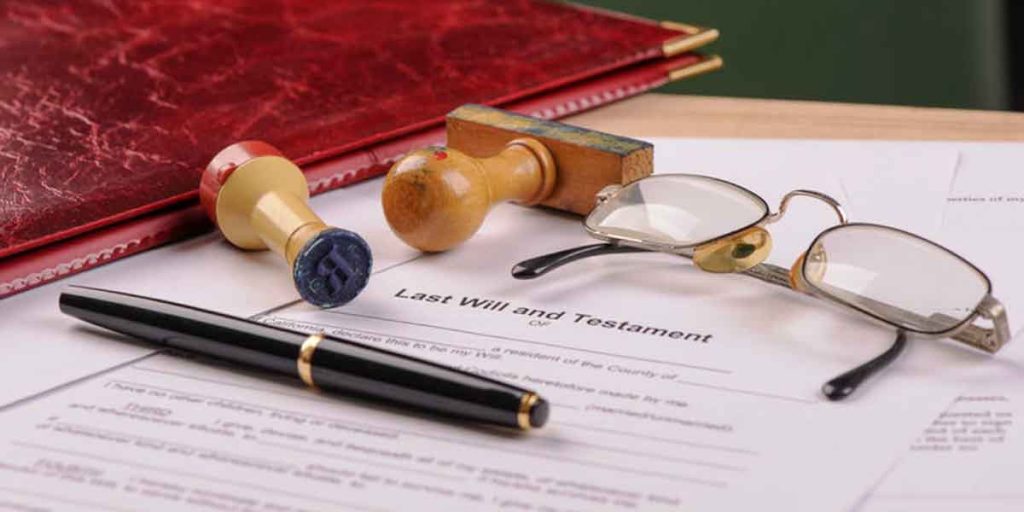When a person dies, the right to ownership of his assets remains in his name. This means that his loved ones and even is heirs cannot access these assets. Before they can have access to these assets, the ownership rights of these assets will have to be legally and formally pass down to them. This is what the probate process does.
For the estate of the deceased person to be legally passed down to his heirs, this will is usually followed. The deceased person before his death writes a will which gives instructions as to how he wants his estate to be distributed among his heirs, deciding who gets what.
There are cases whereby the deceased dies intestate, i.e., when a person dies without having a will. In this case, the probate court will determine what happens to the person’s estate based on the laws of the state. The probate court will also be responsible for appointing an administrator of the estate and also for deciding who the legal heirs of the deceased person are.
Definition of probate
Probate is a legal process through which the probate court ascertains the validity of a will.
The probate court through the process of probate determines if a will is valid or not. If the court decides the will is valid then the executor of the estate can carry on with distribution of the assets of the deceased person. But if otherwise, the court will declare the will invalid therefore it cannot be used.
Role of probate
Validating a will
One of the major roles of the probate process is to validate the will and last testament of a deceased person. The probate court through the process of probate ensures that there are no irregularities in the will. If they find trace of irregularities they reserve the right to invalidate the will.
Issuance of the grant of probate
The testator names someone who will be in charge of his estate after he is gone. This person is known as the executor and he is responsible for so many things regarding the administering of the estate of the deceased person of which commencement of the probate process is one of them.
In order for the executor to be able to carry out this duty of his effectively, the probate court has to grant him legal right and this they do by issuing him the grant of probate. This is a seals certificate which certifies that the claims of the executor are true. It will be required of him to represent this certificate before he can be granted access to some certain organizations like banks.
Appointing an administrator
If a person dies without a will, therefore no named executor, the probate court will have to appoint an administrator who will serve in the capacity of the executor.
Appointing a guardian
Among the information contained in an estate plan, a choice of guardian is included. This provides that when a parent or both parent should die leaving their young child, a named person will be in charge of the up keep of the child. But if in a situation whereby there is no will, the court will decide who will be in charge of the up keep of the young child.
Determining the heirs of an estate and how the estate will be distributed among them
If a person should die intestate, the court determines through probate that the legal heirs are based on the state’s law and how the estate should be divided among the heirs.
FAQ
Question: what are the possible reasons why a probate court would invalidate a will?
Answer: there are many different reasons why the probate court might decide that a will is invalid. For instance, if the court finds out that there the testator was unduly influence as at the timer of writing the will or, if he was intimidated or coerced, or emotionally influenced etc. also if he was mentally incapacitated as at the time he wrote the will, the court will render the will invalid.
Role of an attorney
The role of an attorney cannot be overemphasized, the process of probate could be a very complex one especially if the estate is a large one, and in this case, you will need the guardians of an attorney. Contact our attorneys today for consult and hire.









